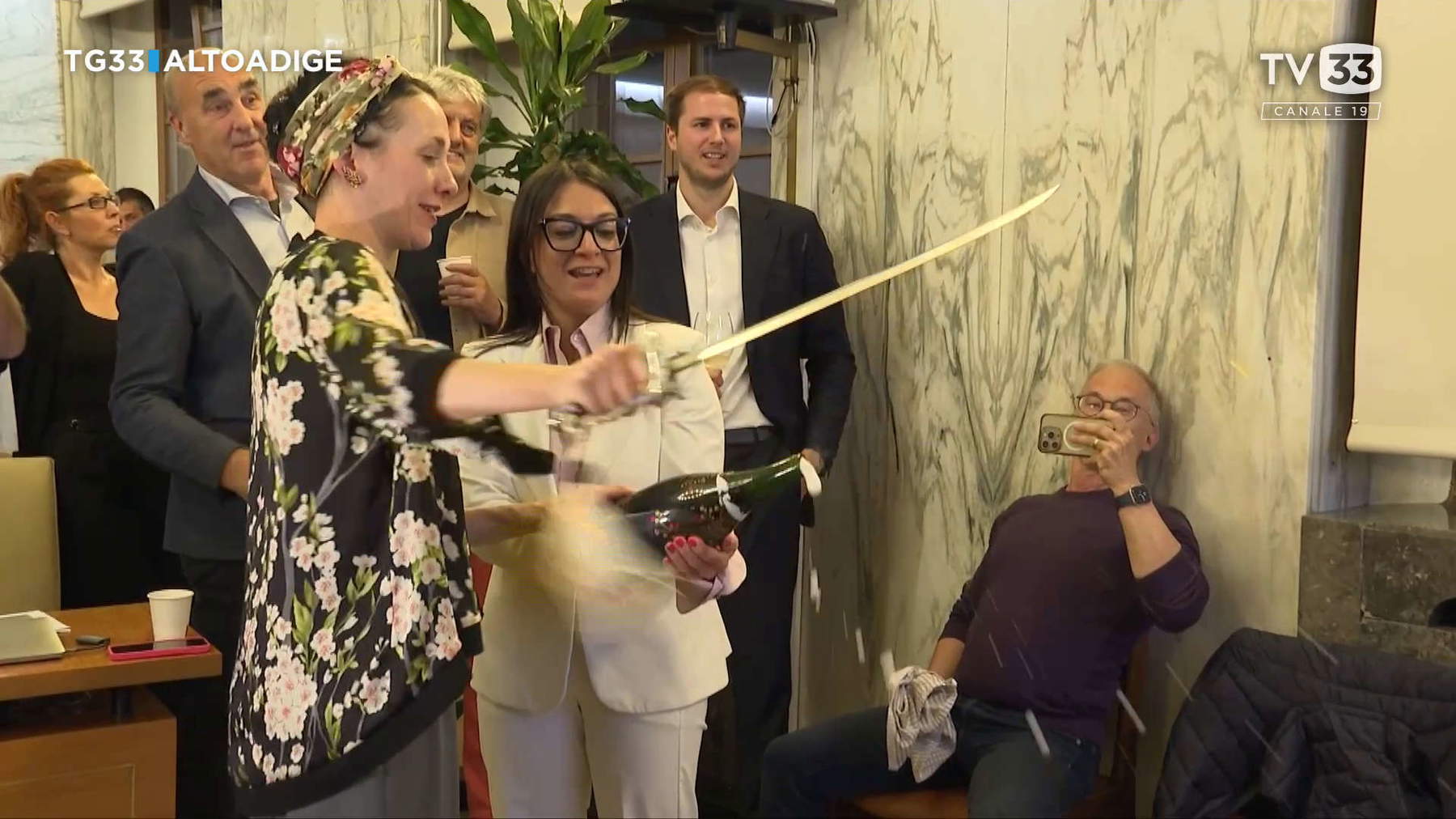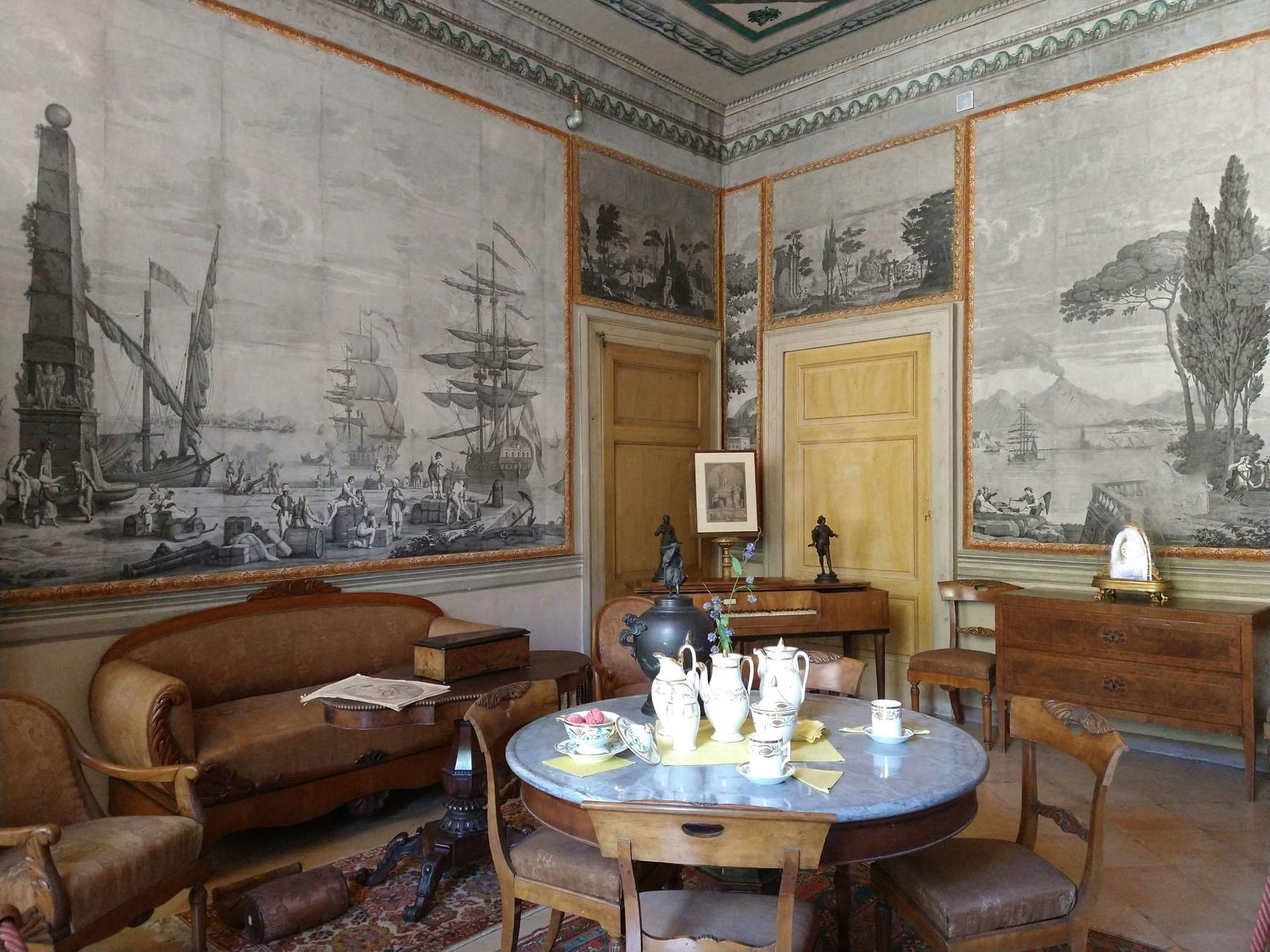The funniest aspect of the story of the mayor of Merano taking off her tricolor sash is actually, at least to my sensibilities, a curious side detail: in the videos of the celebrations broadcast by the local TV33, Mrs. Katharina Zeller can be seen intent on sabering, even with some expertise, a bottle of sparkling wine to celebrate her victory in the municipal elections, as if the institutional seat were any Gintoneria. But, in any case, to each his own celebrations: rather, it makes me smile at the jarring between, on the one hand, the attempt at Olympic mirror-climbing, conducted today by press release, with the reference to local customs and traditions (according to which, according to the first citizen, it would be a forced act to wear the sash during the albeit informal inauguration ceremony) and, on the other hand, theother, the practice of sabrage which, despite its controversial origins, was popularized by the wards of an army against which Mrs. Zeller’s ancestors, as well as mine, tenaciously fought.


It is, we reiterate, an entirely marginal detail, completely overtaken by history that has seen the most varied mix-ups on opposing sides, and we are talking about a practice that is not sure to whom it should be attributed, of course. As soon as I saw the video, however, it immediately occurred to me that in Mantua, a city I have frequented for a lifetime for sentimental and work reasons, there is a room, in Palazzo d’Arco, that is dedicated to Andreas Hofer (the commander of the Tyrolean resistance against the French occupation), who was translated here in chains by the champagne sabreurs who had occupied both the lands of the mayor of Merano and mine. He was tried right in the Palazzo d’Arco, perhaps in the Hall of the Ancestors, the first one you visit after passing the monumental staircase.
In some history books, which I imagine are known to Mayor Zeller, we read that my ancestors, touched by the fortitude of his ancestor, raised a large sum of money to obtain his freedom, but the French proved inflexible and decided to condemn him to death anyway. A letter, signed by Napoleon, asking Eugene de Beauharnais to be inflexible is preserved: “Mon fils, je vous avais mandé de faire venir Hofer à Paris ; mais puisqu’il est à Mantoue, envoyez l’ordre de former, sur le champ, une commission militaire pour le juger et faire exécuter à l’endroit où votre ordre arrivera. Que tout cela soit l’affaire de vingt-quatre heures” (“My son, I had sent you to take Hofer to Paris; but since he is in Mantua, send orders at once to form a military commission to try him and have him executed wherever your order arrives. Let all this be a matter of twenty-four hours.”).
Hofer was shot on February 20, 1810, and today Mantua remembers the leader who came from the Passeier Valley (thus from the areas of Mayor Zeller and her parents who, incidentally, for several terms were elected, both of them, alternately to the House and the Senate, thus receiving for years the allowance also paid by taxpayers living from Egna-Ora on down), not only in the hall of the Arch Palace, in which a 19th-century engraving depicting Hofer’s funeral monument located in Innsbruck’s Hofkirche is preserved, but also with a space entirely dedicated to his memory, with a monument and even a public park named after him.
It is then singular, in short, that the first citizen took off her sash as, in her words, far removed from the traditions of her areas, and celebrated her election as mayor by opting for a practice that most trace back to the customs of the lords who condemned the genius loci of her lands to death. Let us reiterate: it is a completely marginal element of the affair, the future trend is to consider themselves Europeans rather than Italians, French, Germans, Dutch and so on, and the origins of a practice that originated in the military have been lost, so whoever wants to celebrate by saber rattling champagne bowls as much as he wants without worrying about the origins of his favorite practice. However, if one brings up the fola of customs and traditions, one should look for some tightness in one’s justification. This, too, then, is the point of visiting some museum now and then, especially if it is related to a past that should be one’s own: to avoid making fools of oneself. Or, at most, to narrow down the list of possible excuses. If indeed admitting to making a blunder without having to point to now traditions, now gender discrimination, now provocations, is really that difficult.
Warning: the translation into English of the original Italian article was created using automatic tools. We undertake to review all articles, but we do not guarantee the total absence of inaccuracies in the translation due to the program. You can find the original by clicking on the ITA button. If you find any mistake,please contact us.